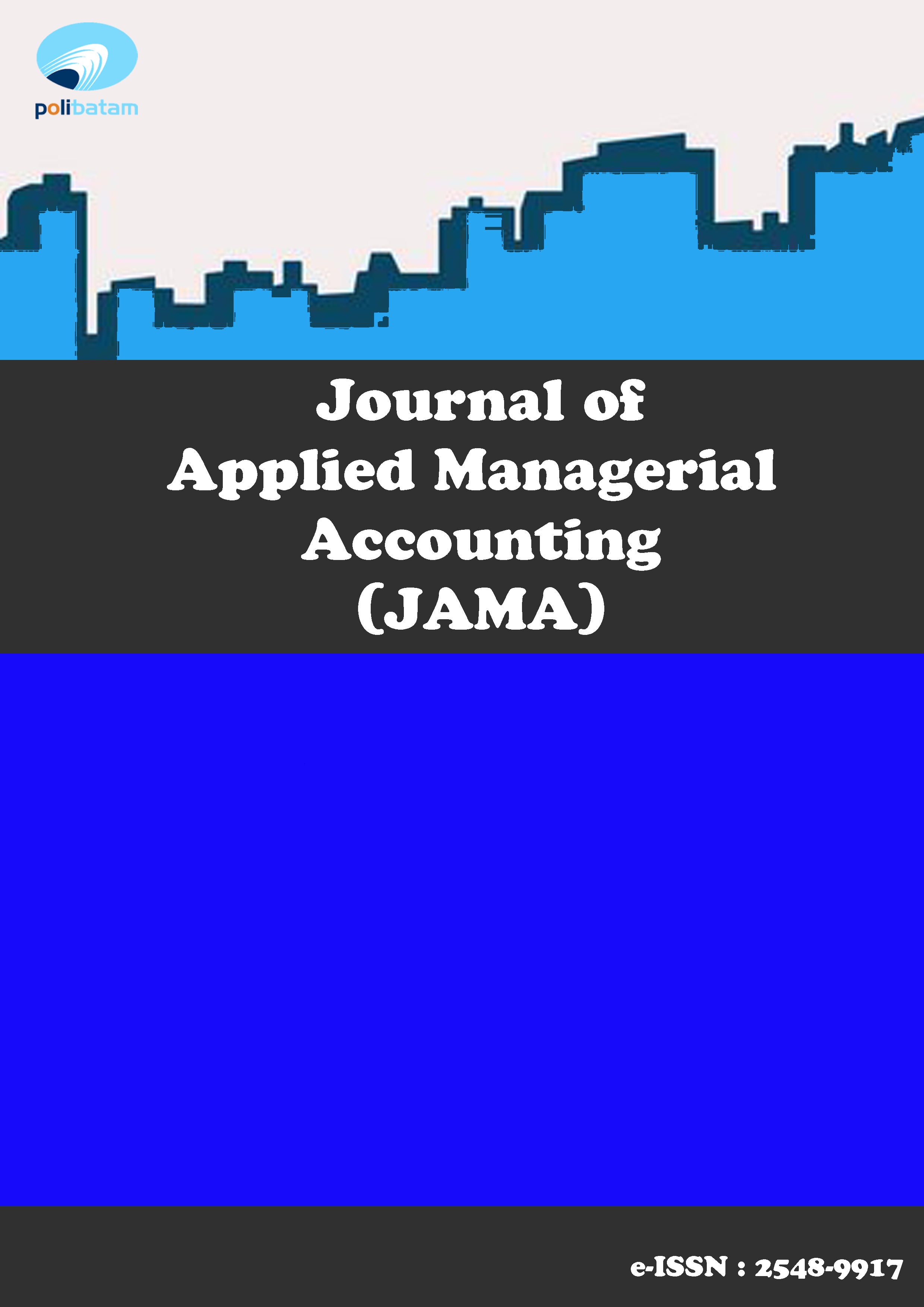THE INFLUENCE OF FINANCIAL LITERACY ON INTENTIONS TO INCREASE THE PERFORMANCE AND SUSTAINABILITY OF MSMEs DURING THE COVID-19 PANDEMIC IN BULUKUMBA
DOI:
https://doi.org/10.30871/jama.v6i1.3600Keywords:
Financial Literacy, Theory of Planned Behavior, MSME Performance, MSME SustainabilityAbstract
This study aimed at analyzing the effect of financial literacy on intentions to improve the performance and sustainability of MSMEs specifically engaged in the culinary and handicraft industries during the COVID-19 pandemic in Bulukumba, South Sulawesi, Indonesia. The population of this study was MSMEs engaged in the culinary and handicraft industries and registered at the Department of Cooperatives and MSMEs (Indonesian: Dinas Koperasi dan UMKM) of Bulukumba. The employed technique of data analysis was a structural equation modeling-partial least square (SEM-PLS) using SmartPLS 3.0 software. In this study, the researchers utilized the Theory of Planned Behavior to determine intentions to improve the performance and sustainability of MSMEs. Results indicated that financial literacy has an effect on intentions (attitude toward behavior, perceived behavioral control, and subjective norm). Furthermore, the researchers found strong intentions (attitude toward behavior and perceived behavioral control) within MSME actors, resulting in attitudes for improving the performance and sustainability of MSMEs in Bulukumba. However, the intention specifically on the variable of the subjective norm has no effect on the performance and sustainability of MSMEs. Knowledge sharing to MSMEs occurs not only from the government, academicians, or big businesses but also between MSMEs, which can be the main key to the success of MSMEs in the era of global trade. Furthermore, it is important to realize that intra-MSME cooperation is highly needed to achieve complementary capabilities.
Downloads
Downloads
Published
How to Cite
Issue
Section
License
Copyright (c) 2022 Rani Dian Aryani Rasjid

This work is licensed under a Creative Commons Attribution-ShareAlike 4.0 International License.





